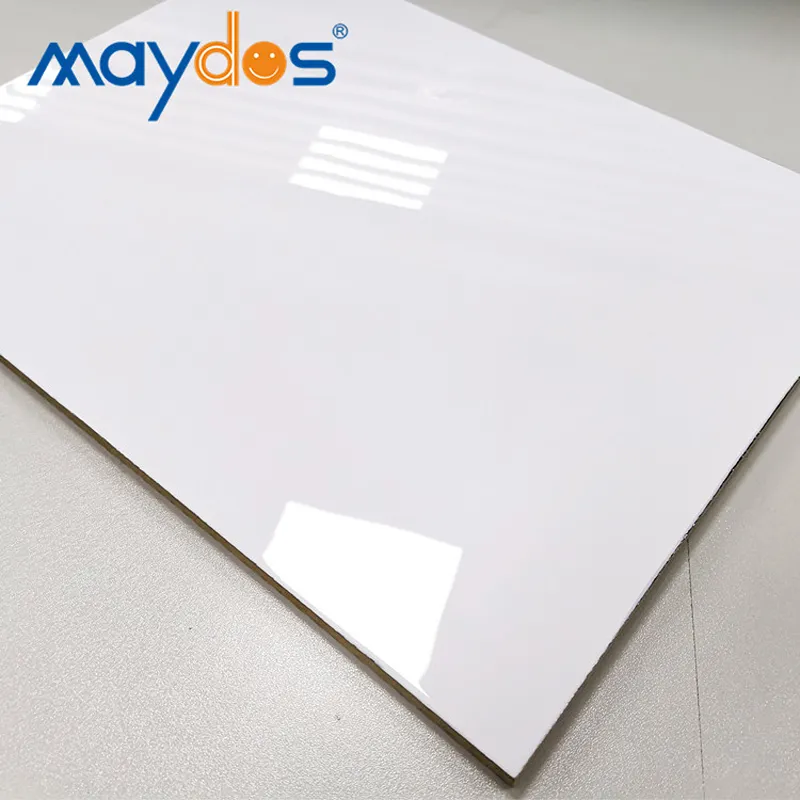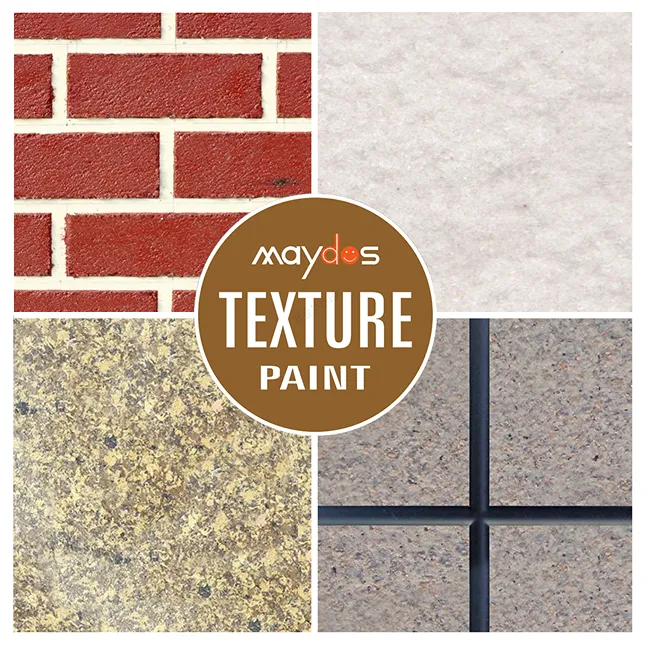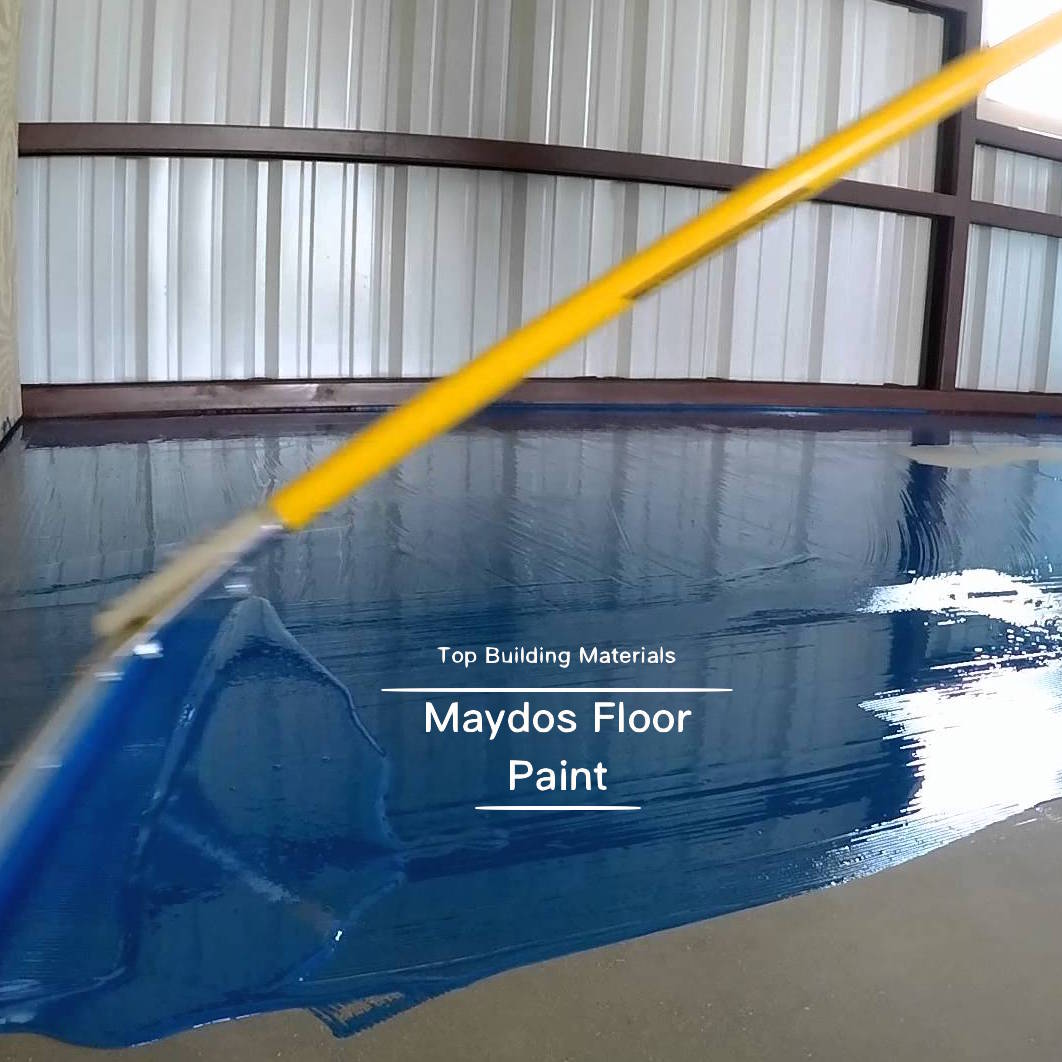Industrial Coatings
Industrial coatings are specialized protective finishes that are designed to meet the rigorous demands of various industrial applications. These coatings provide not only aesthetic appeal but also essential protective properties to substrates in industrial environments.
Key Types of Industrial Coatings
- Protective Coatings
- Purpose: Shield surfaces from environmental factors such as moisture, chemicals, and abrasion.
- Common Uses: Steel structures, pipelines, and tanks.
- Examples: Epoxy coatings, polyurethane coatings.
- Floor Coatings
- Purpose: Provide durable and slip-resistant surfaces for industrial floors.
- Common Uses: Warehouses, factories, and manufacturing facilities.
- Examples: Polyurethane floor coatings, epoxy floor coatings.
- Chemical-Resistant Coatings
- Purpose: Protect surfaces from corrosive chemicals and solvents.
- Common Uses: Chemical processing plants, laboratories, and food processing areas.
- Examples: Phenolic coatings, vinyl ester coatings.
- High-Temperature Coatings
- Purpose: Withstand extreme heat and thermal shock.
- Common Uses: Equipment and machinery in high-heat environments.
- Examples: Silicone-based coatings, ceramic coatings.
- Anti-Corrosion Coatings
- Purpose: Prevent rust and degradation of metal surfaces.
- Common Uses: Marine applications, automotive, and heavy equipment.
- Examples: Zinc-rich primers, alkyd coatings.
- Fire-Retardant Coatings
- Purpose: Slow down the spread of fire and provide additional safety.
- Common Uses: Structural steel, electrical enclosures, and other fire-sensitive materials.
- Examples: Intumescent coatings, cementitious coatings.
Benefits of Industrial Coatings
- Durability: Extend the life of substrates by providing protection against wear and tear.
- Cost-Effective: Reduce maintenance and replacement costs by safeguarding assets.
- Aesthetic Appeal: Enhance the visual appearance of industrial structures.
- Safety: Improve workplace safety through slip-resistant and fire-retardant features.
Application Methods
- Spray Application: Common for large areas; provides a uniform finish.
- Roller Application: Ideal for smaller areas or touch-ups.
- Dip Coating: Suitable for complex shapes and ensures complete coverage.
- Electrostatic Spray: Offers high transfer efficiency and minimal overspray.
Quality Control and Compliance
- Testing Standards: Ensure coatings meet relevant industry standards (e.g., ASTM, ISO).
- Environmental Regulations: Compliance with VOC regulations and environmental guidelines.
- Performance Testing: Conduct adhesion, impact, and weathering tests to ensure product reliability.
Conclusion
Industrial coatings are crucial for safeguarding equipment, structures, and surfaces in demanding environments. When selecting an industrial coating, it is important to consider the specific requirements of your application, including environmental factors, chemical exposure, and required durability. Always consult with manufacturers or coating specialists to select the best product for your needs.





















